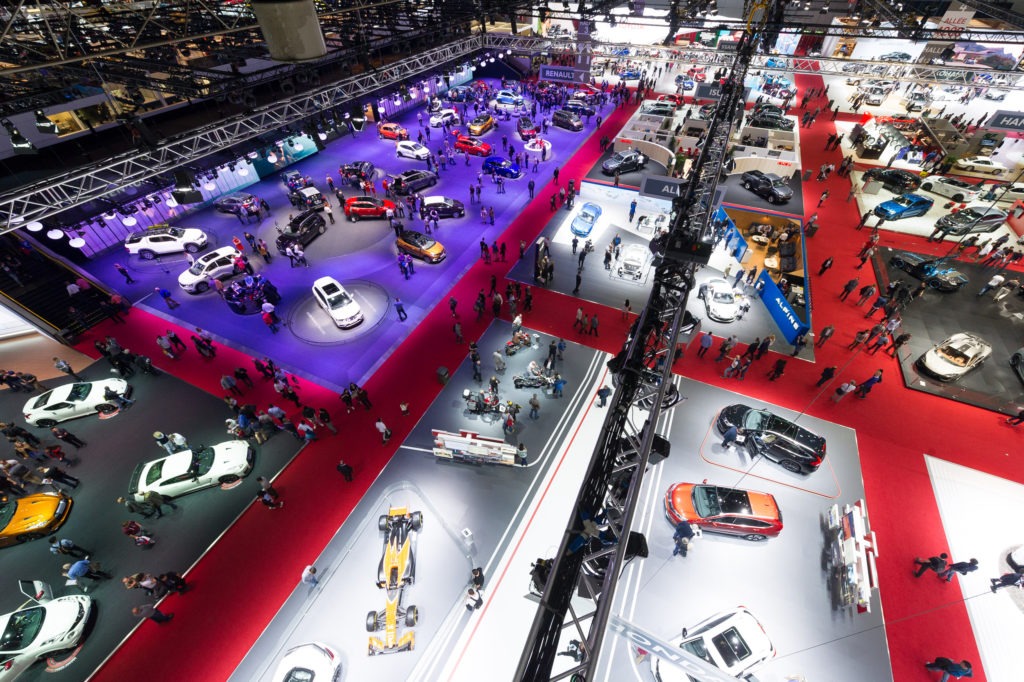Volkswagen and Volvo to miss big automotive shows
13 June 2018

13 June 2018
The Volkswagen brand (VW) will miss this year’s Paris motor show, becoming the latest vehicle manufacturer to pull out of a traditional vehicle event.
The carmaker has scaled back its event commitments since the diesel scandal in 2015, taking only a small stand space at Detroit and Frankfurt, as it looks to cut costs and divert finances into research and development of new technologies.
′The Volkswagen brand is continually reviewing its participation in international motor shows,’ the carmaker said when announcing the news. Instead of participating with its own stand at the show on 2-3 October, VW said it could host ′various communications activities’ in the French capital.
Ford, Nissan and Infiniti have all confirmed that they will miss the Paris event, which is hosted by the French capital every other year.
Volvo has also announced it is to skip the 2019 Geneva car show, adding that its participation at other future automotive exhibitions will no longer be a given as it focuses on ′purpose-specific communications.’
′The ongoing change in the car industry is creating new audiences for Volvo Cars and new ways of bringing products to the market,’ Volvo Senior Vice President of Strategy, Brand and Retail Bjorn Annwall said in a statement.
′Automatic attendance at traditional industry events is no longer viable – we must tailor our communications based on how the options complement our messaging, timing and the nature of the technology we are presenting,’ Annwall said.
′We are not saying never to car shows,’ he said. ′We expect industry events like the Geneva show to continue evolving and we may return in future,’ he added.
New methods
Many manufacturers are looking at alternative ways of launching new models while saving costs, and the big motor shows, which were once a major event in the automotive calendar, are now seen as expensive and irrelevant in terms of generating sales. Visitor numbers have dropped at various shows since 2000, and those that do attend do so to look at the latest vehicles, rather than make purchasing decisions.
The emergence of technology in the automotive world, with electrification and autonomous driving, means traditional audiences are also finding the information they require at other events, such as the Consumer Electronics Show (CES) in Las Vegas, and the Mobile World Congress in Barcelona. Audiences are not as interested in static stands either, especially with many technologies requiring movement.
Mercedes-Benz, BMW and Audi will skip the 2019 Detroit show, where the VW Group attended with a significantly reduced line-up this year. PSA Group has also said it will review the shows it attends, especially when it does not have a new model to launch. Opel pulled out of this year’s Geneva event, citing cost-cutting measures for the decision.
A recent Autovista Group poll saw 41% of respondents saying vehicle manufacturers should look to digital methods to launch new vehicles directly to the market. Using social media platforms, or inviting consumers to their website for a specific launch video would be more cost effective and could potentially reach a wider audience than those who attend automotive shows. Ford recently sparked interest in the new Focus by unveiling a teaser trailer online, which got a lot of interest through Twitter and Instagram, including getting the press talking.